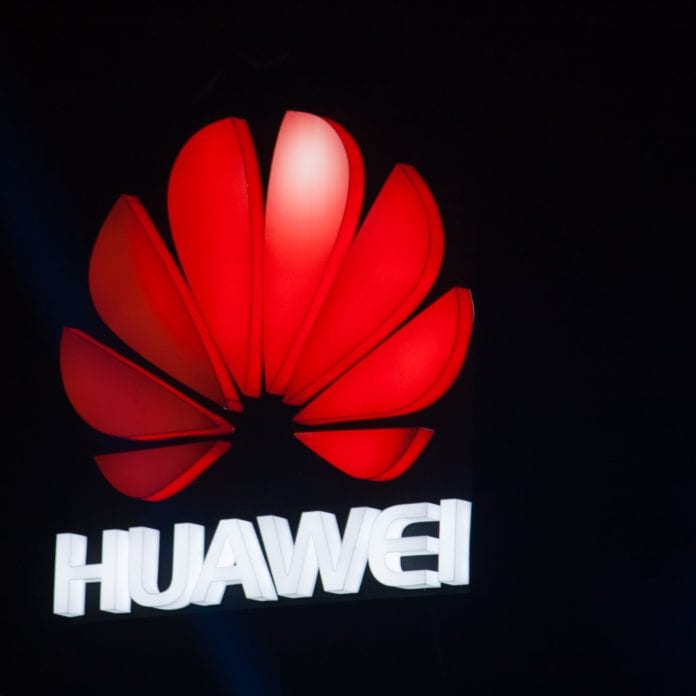Huawei remains on Department of Commerce Entity List
The Bureau of Industry and Security (BIS) of the U.S. Department of Commerce (DoC) officially announced that it will extend the Temporary General License (TGL) for Huawei and its non-U.S. affiliates which are subject to the Entity List, until May 15.
The TGL authorizes U.S. companies to make specific, limited engagements in transactions involving the export, reexport, and transfer of items to the Chinese vendor.
The initial TGL was granted in May 19, 2019 and had been extended three times since then.
At the same time, the BIS announced the opening of a public consultation seeking feedback on temporary reprieves granted to U.S. firms doing business with Huawei. The consultation opened yesterday (March 10) and runs until March 25.
“BIS has requested comments to evaluate the need to extend the TGL, whether any other changes may be warranted to the TGL and to identify any alternative authorization or other regulatory provisions that may more effectively address what is being authorized under the TGL,” the DoC said in a release.
“The 45-day extension allows existing telecommunication providers—particularly those in rural communities—the ability to continue to temporarily and securely operate existing networks while they identify alternatives to Huawei for future operation,” the DoC said.
Outside of the scope of the TGL, any exports, reexports, or in-country transfers of items subject to the Export Administration Regulations (EAR) will continue to require a license, if granted, after a review by BIS under a presumption of denial, the Department of Commerce said.
However, this general license does not cover transactions between U.S. semiconductor manufacturers such as Qualcomm, Intel and Micron and Huawei. These companies are required to apply for special permits in order to continue supplying chips to the Chinese vendor.
Huawei was added to the Entity List in May this year after the Department concluded that the vendor was engaged in activities that are contrary to U.S. national security or foreign policy interests.
In a statement, Huawei said the latest extension won’t have a substantial impact on its business, noting: “This decision does not change the fact that Huawei continues to be treated unfairly. We have long held that the decision by the US Department of Commerce to add Huawei to the entity list has caused more harm to the US than to Huawei.”
In related news, the U.S. government has postponed for a second time a critical meeting originally set for March 11 to discuss potential new U.S. restrictions on sales of technology to Huawei, according to Reuters.
Among topics on the agenda for this meeting were ways to expand U.S. authority to stop more foreign shipments of products with U.S. technology to the Chinese company.

